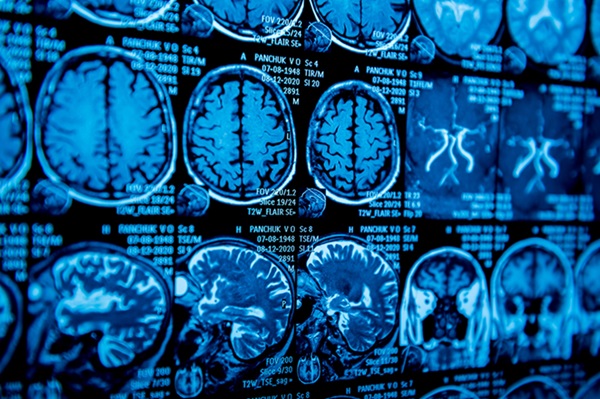Brain Connectivity on MRI Predicts Parkinson’s Disease Progression
Posted on 10 Jul 2024
Parkinson's disease is a degenerative neurological disorder characterized by symptoms such as tremors, slowed movement, and rigidity. These symptoms intensify over time and may be accompanied by cognitive decline and sleep disturbances. Currently, over 8.5 million individuals are affected globally, a number that has doubled in the last 25 years, as reported by the World Health Organization (WHO). A hallmark of Parkinson's disease is the abnormal accumulation of the protein alpha-synuclein within the brain. Under normal conditions, this protein is harmless, but in Parkinson's, it misfolds and aggregates in nerve cells, forming structures called Lewy bodies and Lewy neurites. These protein clumps then spread throughout the brain, causing neuronal damage. Now, a new study has revealed that MRI scans depicting the structural and functional organization of the brain can predict the progression of brain atrophy in patients with early-stage, mild Parkinson's disease.
The study by researchers at IRCCS San Raffaele Scientific Institute (Milan, Italy) explored whether analyzing the brain's structural and functional connections could predict the spread of atrophy in patients with mild Parkinson's disease. They collected MRI data from 86 patients with mild Parkinson's and 60 healthy controls to create a connectome, a detailed map of the brain’s neural connections. This connectome was then used to calculate an index of disease exposure. They found that disease exposure at one and two years was linked to brain atrophy at two and three years post-baseline, respectively. Models incorporating this disease exposure effectively predicted the accumulation of gray matter atrophy over three years in various brain regions.

The results of this study, published in Radiology, lend support to the idea that the functional and structural connectivity between brain regions plays a critical role in the progression of Parkinson's disease. The deterioration of neurons and the build-up of abnormal proteins may disrupt these neural connections, impairing signal transmission and information integration across different brain areas. The study underscores the potential of MRI in intervention trials aimed at preventing or slowing the progression of the disease, particularly when tailored to individual patient profiles. Given the variability in how Parkinson's progresses among individuals, future predictive models will need to account for unique starting conditions and include personalized patient data to maximize their accuracy and effectiveness, as suggested by the researchers.
"In the present study, brain connectome, both structural and functional, showed the potential to predict progression of gray matter alteration in patients with mild Parkinson's disease," said study coauthor Federica Agosta, M.D., Ph.D., associate professor of neurology at the Neuroimaging Research Unit of IRCCS San Raffaele Scientific Institute. "We believe that understanding the organization and dynamics of the human brain network is a pivotal goal in neuroscience, achievable through the study of the human connectome. The idea that this approach could help identify different biomarkers capable of modulating Parkinson's disease progression inspires our work."
Related Links:
IRCCS San Raffaele Scientific Institute














